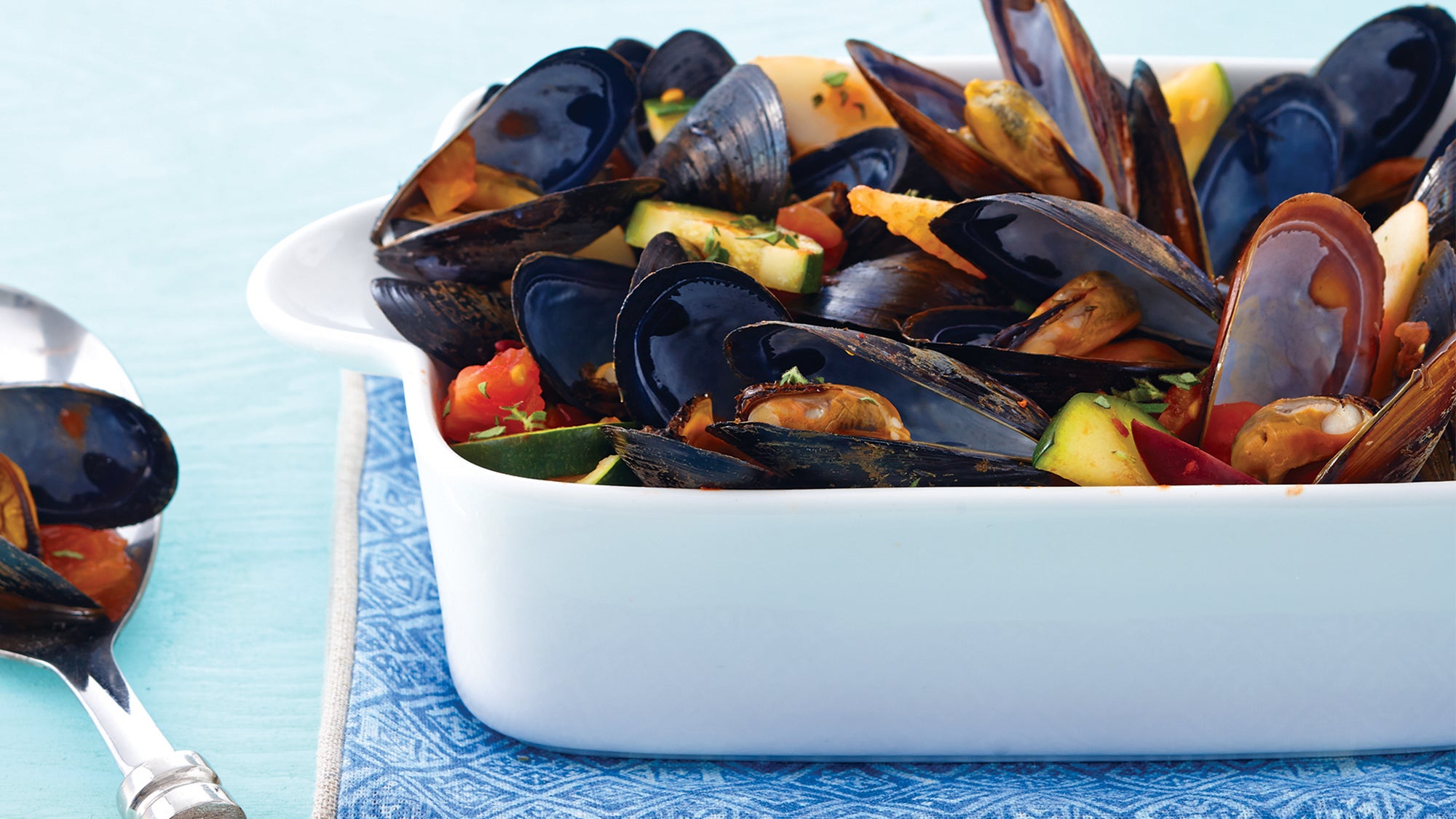Can the Mediterranean Diet Prevent Aging?

Q. How effective is the Mediterranean diet at slowing aging and bone loss?
A. The health benefits of a Mediterranean diet are widely touted. This diet is heavily plant-based, emphasizing consumption of vegetables, fruits, fish, whole grains and legumes, along with healthy fats from sources such as olive oil and nuts. Animal proteins including eggs, dairy and poultry are eaten in moderation; red meats and sweets are eaten sparingly.
Scientific research over the past several years has offered compelling evidence that adherence to a Mediterranean diet reduces mortality risk and may contribute to slowing the aging process. According to the EU-funded research project NU-AGE, this type of diet may help reduce inflammation and reduce the rate of bone loss in people with osteoporosis. (Both inflammation and oxidative stress contribute to the overall “aging” of the body’s systems, as well as many age-related diseases, including cardiovascular disease and Alzheimer’s disease.)
Moreover, in The Journal of Clinical Endocrinology & Metabolism study involving 127 Spanish men, researchers found that those who ate a Mediterranean diet high in virgin olive oil (about ¼ cup per day) saw increased levels of osteocalcin, an important marker of bone formation. And in a recent JAMA Internal Medicine study, researchers found that postmenopausal women who strictly followed a Mediterranean diet had a slightly lower risk of hip fractures, suggesting the antioxidant and anti-inflammatory benefits of the diet may play a role in maintaining healthy bones as we age.